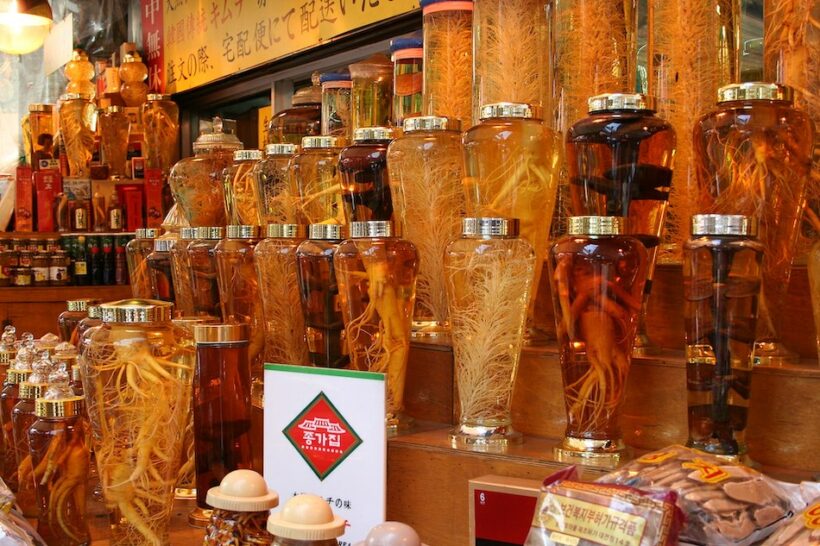A “World Summit on Traditional Medicine” hosted by the World Health Organisation (WHO) opened in Seoul with the participation of ministers, scientists and practitioners seeking to integrate this option into conventional health systems.
In opening the proceedings, WHO Director-General Tedros Adhanom Ghebreyesus called for the meeting “to be the starting point of a global movement to unleash the power of traditional medicine through science and innovation”.
Tedros argued that “the history of traditional medicine is as old as humanity itself. Throughout history, people from all countries and cultures have relied on traditional healers, home remedies and ancient medical knowledge to meet their health and wellbeing needs.
The meeting brings together health ministers – many of them from the Group of 20 (G20), developed and emerging economies – as well as health professionals from both academic and traditional health systems, seeking to advance policies, standards and programmes that reconcile the two systems of health and healing.
In defence of traditional medicine, Tedros cited examples such as the use of an active compound from sweet wormwood, or artemisinin, to treat malaria, and “the rich history that India has, through Ayurveda (Indian medicinal system), including yoga, which has been shown to be effective in relieving pain”.
As a result, in many countries “traditional medicines are being sought to treat non-communicable diseases, mental health and many other ailments”.
He stressed that “one of the best things about traditional medicine is the understanding of the links between human health and our environment”, and that is why the WHO “calls on institutions to help countries unlock the potential of traditional medicine”.
According to the WHO, about 40 % of medicines used today are based on natural products. Some key drugs, such as acetylsalicylic acid, artemisinin and some childhood cancer treatments, are derived from traditional medicine.
For his part, Indian health minister Mansukh Mandaviya said he hoped the summit would be “the platform for mobilising political commitment and evidence-based action on traditional medicine, which is the first port of call for millions of people around the world, to address their health needs”.
A stated purpose of the meeting is to “foster collaboration and establish international partnerships that promote and harness the potential of traditional healing practices worldwide”.
The WHO hopes that a declaration at the end of the two-day meeting will help spur further studies in the field of traditional medicine, for example on genomics and artificial intelligence.
He also recalled that there are more and more companies specialising in herbal medicines, natural products, health, wellbeing and related travel.
He stressed that “biodiversity and the knowledge of indigenous peoples are basic pillars of traditional medicine and of health and wellbeing, especially for these peoples”.
He also recalled that 80% of the world’s remaining biodiversity is found in indigenous territories or lands, and the conservation of this wealth is essential for traditional medicines to be practised in a sustainable manner.
The organisation gathered information from 170 countries on the use of traditional medicine, and indicated that many requested that it provide evidence and data to inform its policies, rules and regulations for the safe, cost-effective and equitable use of traditional medicines.
Since March 2022, the WHO Global Centre for Traditional Medicine has been established with the support of the Indian government.
The Centre is to focus on cooperation, evidence, data, biodiversity and innovation to maximise the contribution of traditional medicine to global health, universal health coverage and sustainable development, it said.
Finally, the Gandhinagar meeting will see the first results of a WHO-mandated survey on traditional medicine, which will later be used to design a development strategy on the subject for the decade 2025-2034.










